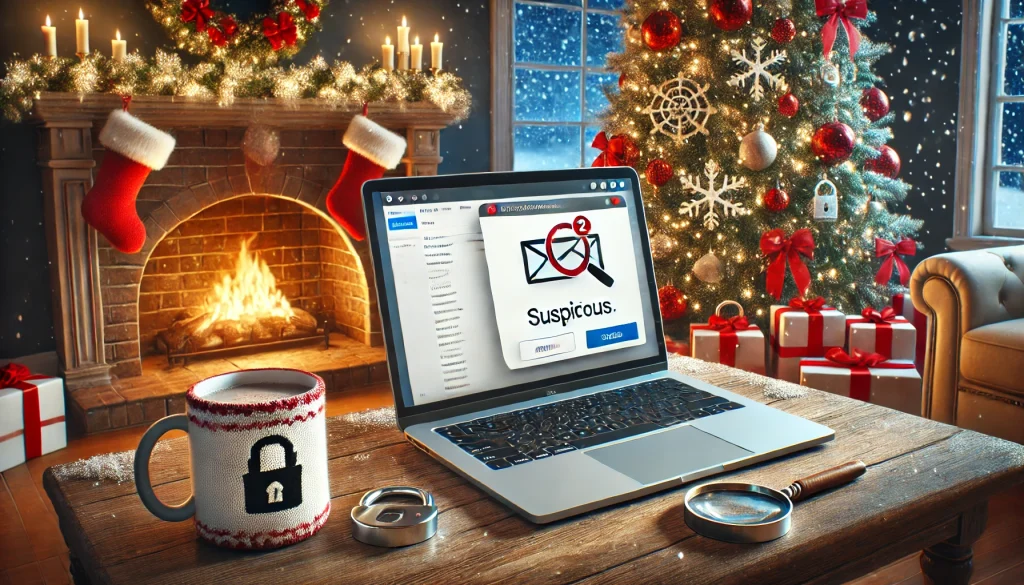Day 17 – Never Reuse Passwords Across Multiple Sites
Why You Should Never Reuse Passwords Across Multiple Sites or Accounts Never reuse passwords across multiple sites or accounts, as this creates a major security vulnerability. When you reuse passwords, a single data breach can put all your accounts at risk, as attackers can use the compromised credentials to access other platforms where you’ve used […]
Day 17 – Never Reuse Passwords Across Multiple Sites Read More »










